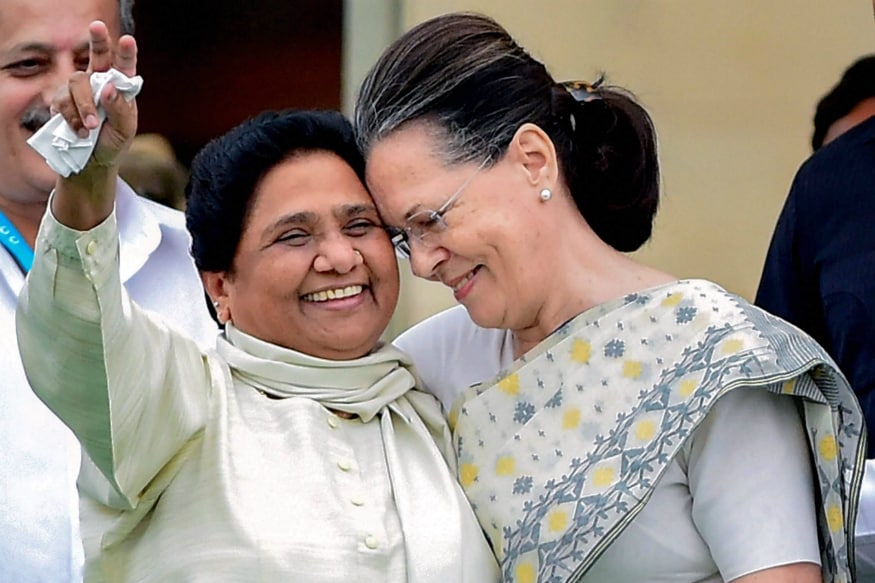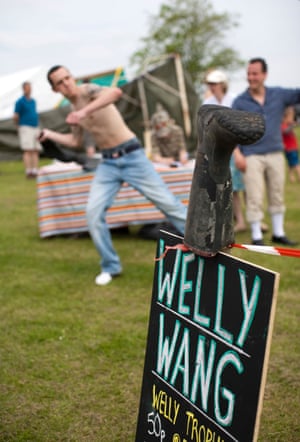
TWO lobbies were clearly worried by a photograph that was clicked during the swearing-in celebrations of the Karnataka anti-BJP coalition. It showed Congress leader Sonia Gandhi locked in a rare embrace with Dalit leader Mayawati. The picture had other leaders who were opposed to the Modi-led BJP government basking in the glory of the Karnataka victory, but the hugging of the two women was a defining moment. Insidious advisers to the Congress leadership had stalled their coming together in the past.
Among the understated reasons was the stark reality that some of the Gandhi family’s upper-caste advisers also happened to be conduits for the mercantile lobbies based in Mumbai. The photograph threatened both, the tycoons and their caste protégés adorning the upper houses of legislatures, where those who cannot win the Lok Sabha or assembly polls are given a cosy perch, not just in Congress.
There is a brouhaha about former president and former Congress minister Pranab Mukherjee’s visit to the Rashtriya Swayamsevak Sangh headquarters. It’s surprising why no one has linked the visit with the Karnataka photo. Mukherjee is an educated Brahmin, flaunting the requisite links with Mumbai businesses, which could be a temptation for the RSS leadership to sound him out.
It is possible of course that the nudge for the meeting came from the mercantile club in Mumbai. It has acquired the habit of late of playing kingmakers. Remember how hard they had lobbied with the RSS to make Narendra Modi the BJP’s prime ministerial candidate?
They finance other parties too, not the least the Congress party. But there is a silent caveat here. The Congress that forms the government or heads a coalition should not offer the prime minister’s job to a Gandhi, and we have had two such non-Gandhi Congress prime ministers to press the point.
-----Also Read
The Marwari hegemony of Indian Media
-------
There is a history to this reasoning and the Gandhi family has been pitchforked as the villains, or the heroes, depending on where you are vis-à-vis crony capitalism. Jawaharlal Nehru had no love lost for the mercantile leaders whom Gandhiji otherwise saw as the trustees of a free India. Nehru put their biggest icon in jail for fraud. (R.K. Dalmia’s close friendship with Mohammad Ali Jinnah may have been an added allergen.)
Then came Indira Gandhi. She nationalised the cabal’s ‘usurious’ banks and also locked up several of them under the draconian Conservation of Foreign Exchange and Prevention of Smuggling Activities Act, the law she passed just before the 1975-77 emergency.
Mr Mukherjee recently chronicled his political innings from 1980 onwards. That marked the post-emergency return for Indira Gandhi who was looking vulnerable after her traditional left supporters deserted her over the emergency. Mr Mukherjee’s proximity to the Mumbai tycoons is well documented in books that predictably did not make it to bookshops. He became a darling of the media as her finance minister, the same media that is celebrating his visit to the RSS headquarters although he said perfectly liberal, pro-constitution things there. When Mrs Gandhi was killed, Mr Mukherjee reportedly saw himself as her natural successor, a thought resented by her family friends.
Rajiv Gandhi arrived to throw the ‘moneybags off the backs of the Congress workers’. He sent Mukherjee into political oblivion. The tycoons, however, swung into action. Every inch of media space they owned was harnessed to tarnish the young prime minister with financial scams. His death brought the cabal and Mukherjee back into the heart of Indian politics, both firmly embraced by Narasimha Rao.
One more twist followed. When Rao lost the elections in 1996, he handed over the Congress presidency to Sitaram Kesri, a canny grass-roots Congressman. The change was accepted by the Gandhis who saw in Kesri a better chance of getting to the bottom of Rajiv’s murder mystery than Rao had delivered. Also Kesri shored up two prime ministers with the help of communists.
I remember asking him at a news conference why he had taken the unusual step to ally with Dalit leader Mayawati in 1998. Did he see her as an asset as a woman leader, or was she a potential Dalit ally? Kesri exploded with joy. Both, he yelled. We don’t know which of the Congress rivals locked him up in the bathroom subsequently and handed the leadership to a still reluctant Sonia Gandhi, who had evidently not yet recovered from the shock of her husband’s assassination. Mukherjee was part of the group, or perhaps its leader, that went after Kesri in what can only be described as a palace coup. Kesri saw himself as a Gandhi loyalist and didn’t know what hit him. He died from the shock.
It is said that the Mumbai club has applied a financial squeeze on the Congress party for flirting with state leaders they do not control. This could be a blessing in disguise for the party. It could bring the Gandhis close to crucial leaders like Mayawati, Arvind Kejriwal, Lalu Yadav and Mamata Banerjee who have to fend for themselves financially.
If, like Kejriwal, Rahul Gandhi goes for crowd funding instead of leaning on crony tycoons for support, he might become a richer, cleaner leader. But before that, he must do with the current potential ‘Congress Syndicate’ what Emperor Akbar did with his regent Bairam Khan or Nehru did with his detractors clothed as advisers. They could be sent to work with the masses under a new Kamraj Plan to borrow from the Congress history.
Above all, it was Mayawati’s sacrifice and not ambition that has reaped rewards for a rejuvenated opposition. Rather than aim to become prime minister, Rahul Gandhi would do well to watch out for deserters, no matter how educated they are, while embracing the game-changing picture from Karnataka.

